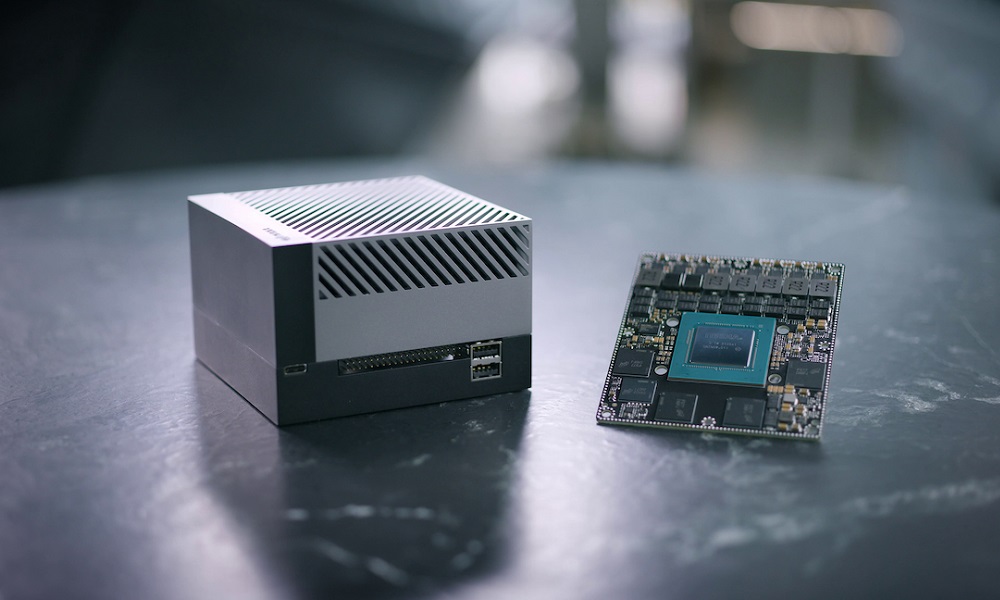
The 2022 edition of the Barometer on SMEs and intellectual property shows that only 10% of small and medium-sized enterprises in the EU are holders of intellectual property rights (IP) registered, such as trademarks, designs and national and European patents.
The new survey shows that a large majority of SMEs in the EU would not know how to get the most out of their intellectual assets or where to find help in developing their IP strategies.
However, the barometer also shows that almost all (93%) SMEs with registered IP rights experienced a positive impact on your business. SMEs cited improved company reputation or image (60%), improved IP protection (58%) and better long-term business prospects (48%) due to registering their IP rights .
Why is it important to register IP
Economic studies show a positive relationship between ownership of IP rights and economic performance, especially for SMEs. Those who own IP rights get 68% more than revenue per employee than SMEs that are not right holders.
Barometer data confirms the positive impact of PI registrations. In addition, more than a third of SMEs (36%) that own IP rights claim to have benefited financially from those rights.
As for the reasons for not registering, SMEs gave the main reason that they did not see additional benefits (35%). Among other reasons, they pointed out that your intellectual asset was not innovative enough for registration (20%); insufficient knowledge (19%); or failing to meet registration requirements (19%).
Regarding the most popular reasons for registration, SMEs believe that IP rights help prevent being copied (66%), closely followed by increasing the value and image of their company (65%) and guarantee greater legal certainty for them (63%). Half of SMEs also see effective compliance monitoring as a reason for registration.
According to Christian Archambeau, executive director of the EUIPO, “Together with the EU and the IP community, we will continue to guide SMEs, accompanying them as they move through the world of intellectual property. One way to do this is to ensure that SMEs are aware of the benefits of protecting their innovation and creativity. We also work closely with our partners to provide financial support and guidance to make it easier and more cost-effective for all SMEs that generate IP and need protection from breaches.”
Infringement of IP rights
The study also looks at breaches and how SMEs are addressing this issue. Among the SMEs holding a registered IP right, 15% have experienced an infringement of their IP rights. In most cases these violations have been in relation to their brands, which has led to a loss of business volume and reputation. 9 out of 10 SMEs have taken steps to enforce their IP rightsin particular through direct negotiations.
Overall, 85% of SMEs that were registered IP rights holders rely on specific measures to identify possible infringements of their IP rights. They are mainly based on customer reviews, in ancillary information or in the use of tracking systems.
SMEs represent the 99% of all companies in the EU. They employ some 100 million people and represent more than half of Europe’s GDP. Despite being severely affected by the COVID-19 pandemic, SMEs play a key role in all sectors of the economy and are vital in driving innovation.



